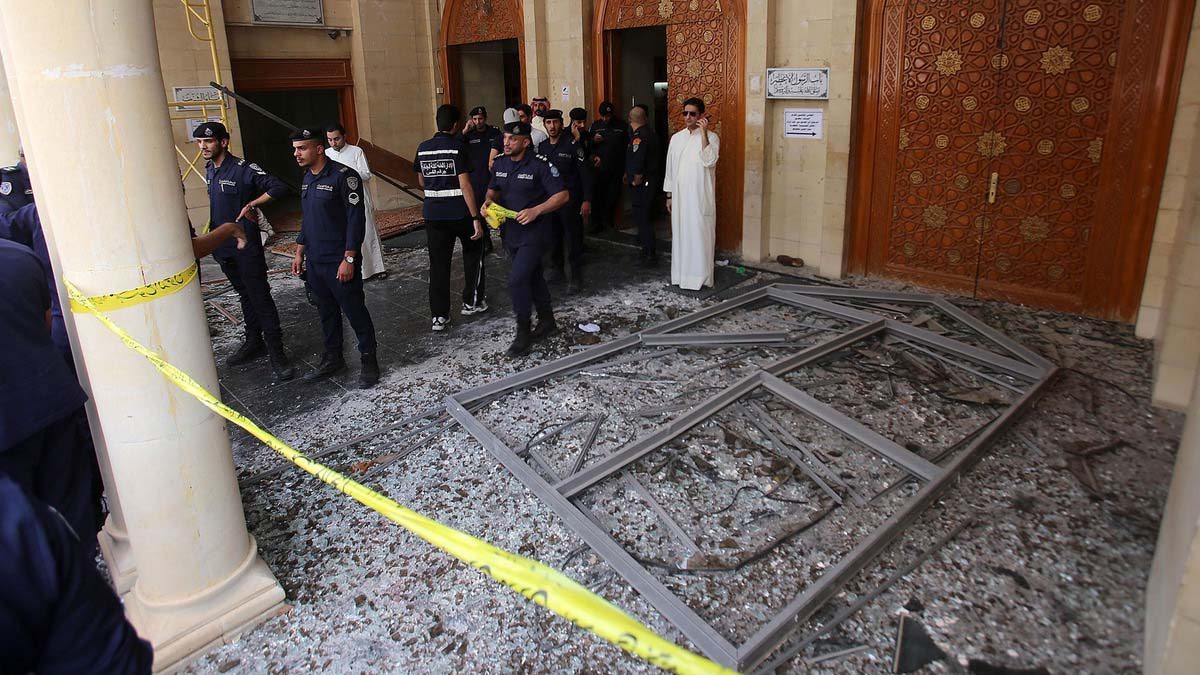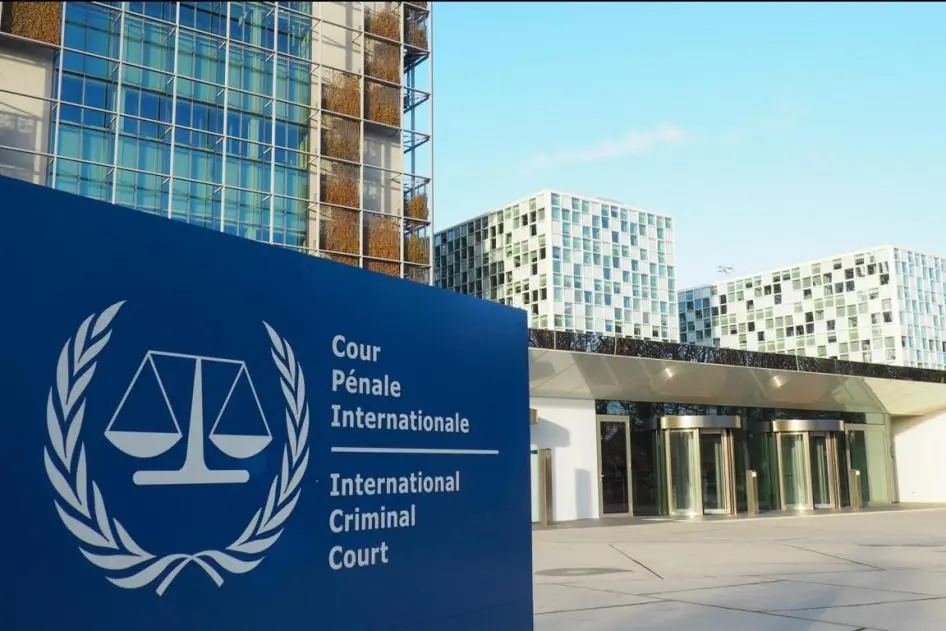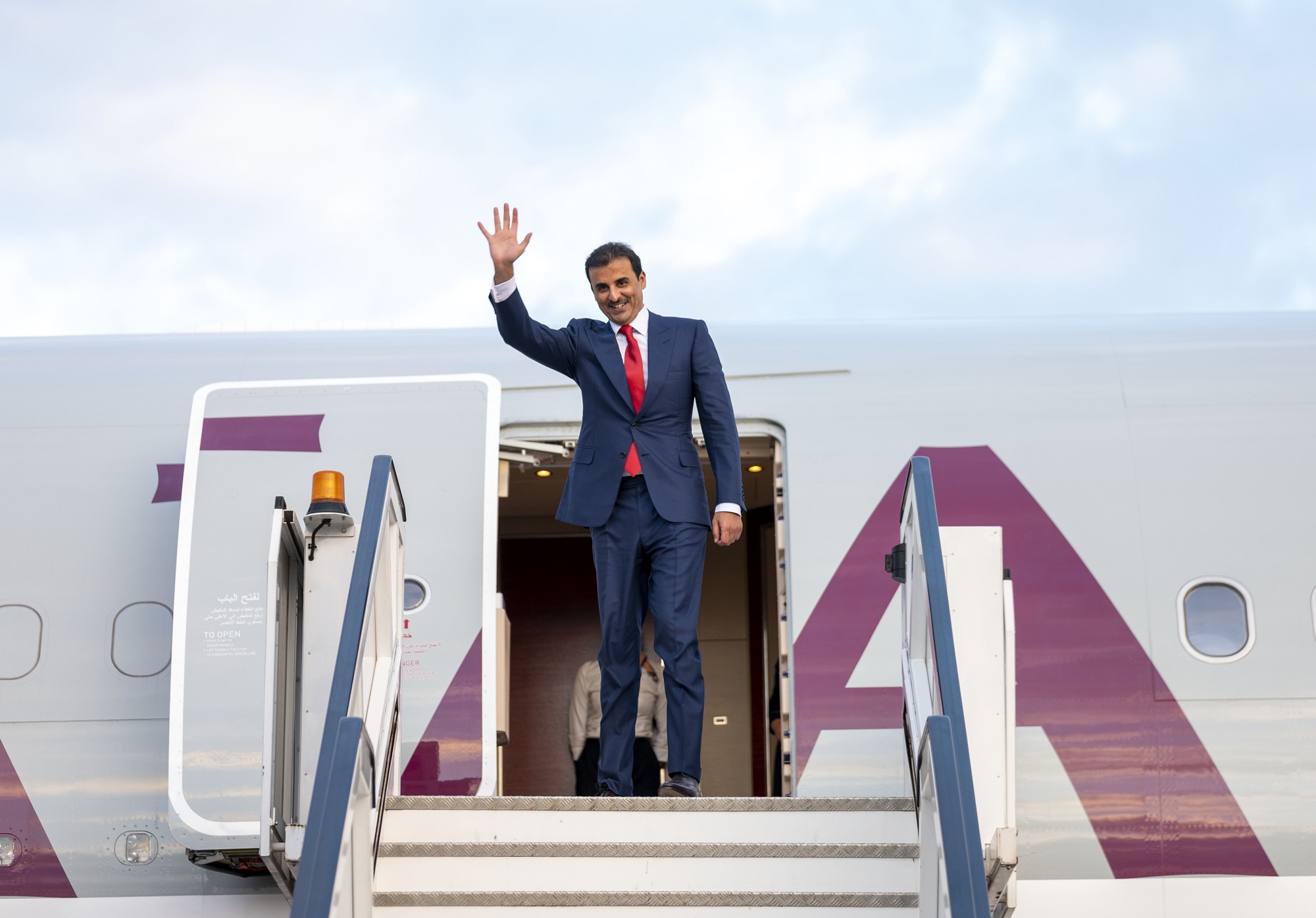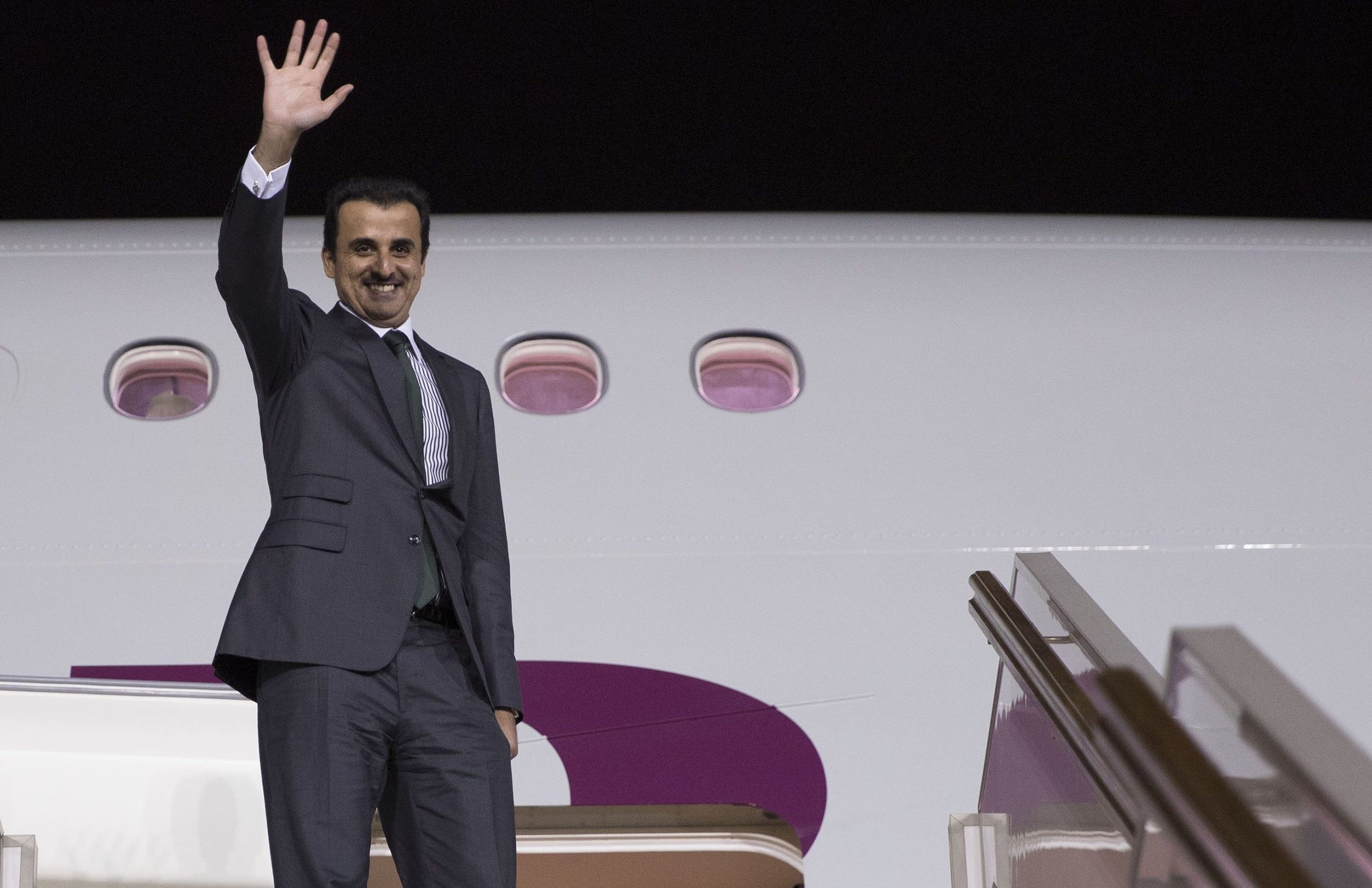Expressing its full support for Kuwait, Qatar has denounced as a “criminal act” a suicide bombing that killed 27 people and injured more than 200 others during Friday prayers in the Gulf state’s capital.
The attack took place yesterday at one of the country’s oldest Shia mosques, Al-Imam Al-Sadiq mosque, and was believed to have been carried out by ISIL.
The bombing was the first of its kind in Kuwait, which has declared a state of emergency to manage the crisis, as well as a day of mourning to mark the tragedy.
In a statement, Qatar’s Ministry of Foreign Affairs (MOFA) said:
“This criminal act is contrary to all moral and human values and contradicts all religions and teachings of Islam and its principles of tolerance.”
MOFA also stressed its support for security measures taken by Kuwait to preserve stability, and expressed condolences to the victims and their families.
Several Qatar residents also expressed solidarity with Kuwait and the victims of yesterday’s attack:
The blowing up of a Masjid in Kuwait today is a crime against all sects in Kuwait and all the peoples of GCC states https://t.co/wQR9WLUVje
— N H M (@NasserIbnHamad) June 26, 2015
We are all #Kuwait pic.twitter.com/6kZwn7L1bg
— Mohammed Al-Jufairi (@Halawala) June 26, 2015
According to Reuters, ISIL took credit for the bombing, saying in a statement that it had targeted “a temple of the rejectionists,” a derogatory reference to Shia Muslims.
Kuwait’s Amir Sheikh Sabah Al-Ahmad Al-Jaber Al-Sabah responded to the attack by saying, according to the state news agency:
“The blast was meant to tear asunder the fabric of the well-knitted Kuwaiti society by fomenting sectarian divisions and conflicts, but that would not happen as Kuwaitis value their unity and societal solidarity.”
Other attacks
Separately, CNN reports that ISIS claimed responsibility for a shooting spree that killed nearly 40 people, many of them tourists, at a beach resort in Tunisia yesterday.
And in France, a man was taken into custody after apparently beheading his boss and then ramming his car into a warehouse at a chemical plant, causing an explosion.
Qatar also condemned those attacks, saying it “rejects violence in all its forms and manifestations, whatever its motives and causes.”
It is unclear if the attacks on three different continents were related.
According to Reuters:
“ISIL had urged its followers on Tuesday to step up attacks during the Ramadan fasting month against Christians, Shi’ites and Sunni Muslims fighting with a US-led coalition against the ultra-hardline jihadist group.”
The Kuwait mosque bombing comes about a month after ISIL claimed responsibility for two attacks on Shia mosques in Saudi Arabia.
The first killed at least 21 people after a suicide bomber detonated explosives hidden under his clothes inside Ali Ibn Abi Taleb mosque in Kudeih in the eastern province of Qatif on May 22, Al Jazeera reported.
A week later, a suicide bomber killed four people in the parking lot of the Imam Hussein mosque in Dammam, which is also in eastern Saudi Arabia.
The proximity of the explosions, both of which occurred less than 200km from Doha, left some Qatar residents uncomfortable.
Despite Qatar’s largely peaceful and stable history in recent years, yesterday’s bombing of another fellow GCC state is likely to add to those fears.
Thoughts?







